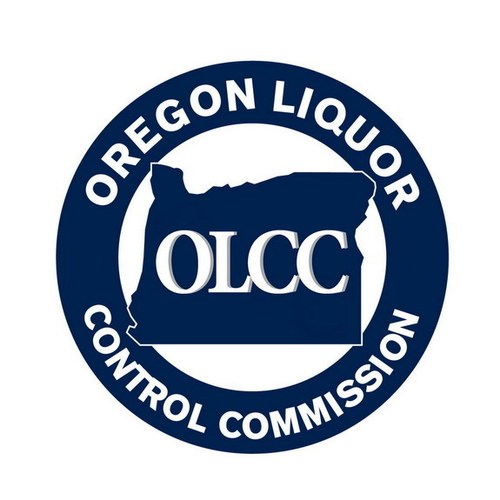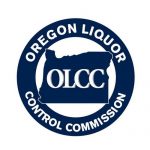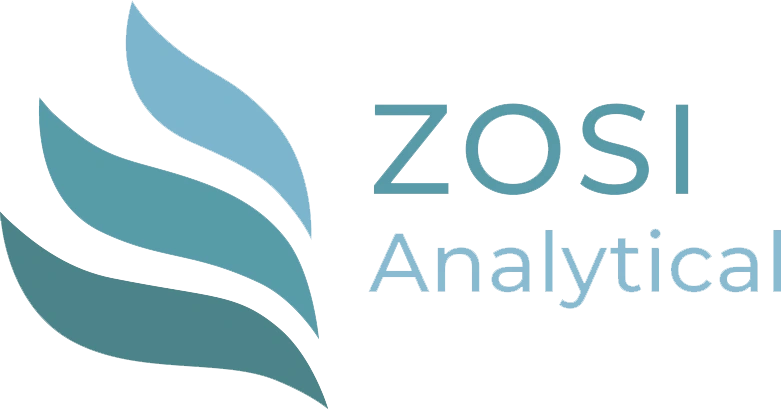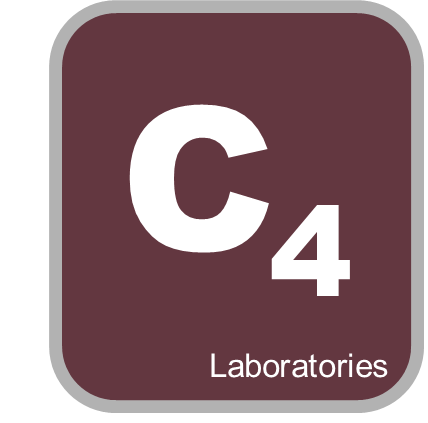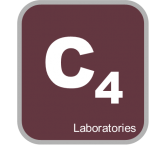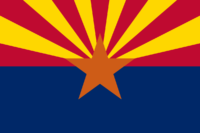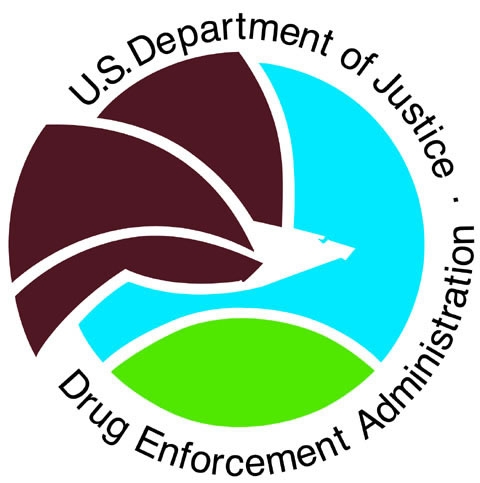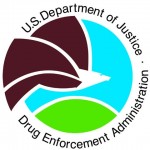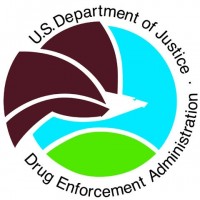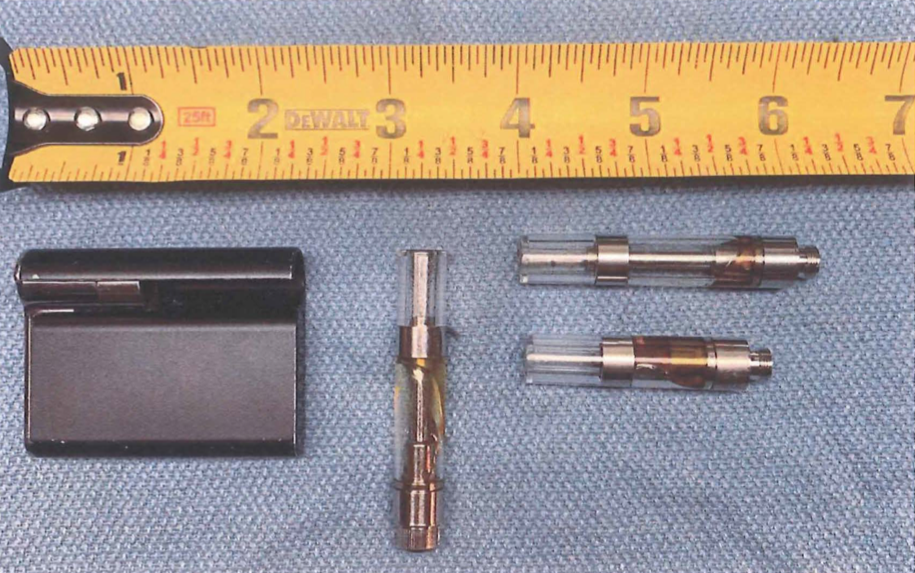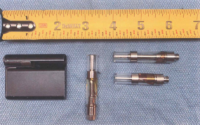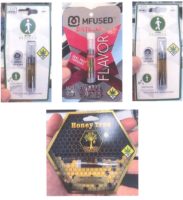 The Collaborative Laboratories for Environmental Analysis and Remediation (CLEAR) at the University of Texas at Arlington (UT-Arlington) and the University of Texas at El Paso (UT-El Paso) has begun collaborating with Curtis Mathes Grow Lights (CMGL), a subsidiary of the Curtis Mathes Corporation, and the hemp genetics company ZED Therapeutics. The research will involve characterizing the phytochemical effects of phytochrome manipulation using various LED horticultural lights of differing light spectrum, and novel high-yielding varietals of hemp. All of the hemp plants will be grown by renowned geneticists Adam Jacques, Christian West, and Oriah Love of ZED Therapeutics under the CMGL Harvester LED lights at their Oregon facility. Drs. Kevin Schug and Zacariah Hildenbrand will oversee the analysis of the corresponding samples for the expression of terpenes, flavonoids, and other classes of therapeutic compounds. The expression of 15 primary cannabinoid species will be performed concurrently by Matthew Spurlock of ZED Therapeutics.
The Collaborative Laboratories for Environmental Analysis and Remediation (CLEAR) at the University of Texas at Arlington (UT-Arlington) and the University of Texas at El Paso (UT-El Paso) has begun collaborating with Curtis Mathes Grow Lights (CMGL), a subsidiary of the Curtis Mathes Corporation, and the hemp genetics company ZED Therapeutics. The research will involve characterizing the phytochemical effects of phytochrome manipulation using various LED horticultural lights of differing light spectrum, and novel high-yielding varietals of hemp. All of the hemp plants will be grown by renowned geneticists Adam Jacques, Christian West, and Oriah Love of ZED Therapeutics under the CMGL Harvester LED lights at their Oregon facility. Drs. Kevin Schug and Zacariah Hildenbrand will oversee the analysis of the corresponding samples for the expression of terpenes, flavonoids, and other classes of therapeutic compounds. The expression of 15 primary cannabinoid species will be performed concurrently by Matthew Spurlock of ZED Therapeutics.
 “Since its inception, CLEAR has focused almost exclusively on improving environmental stewardship in the energy sector. It is nice to now diversify into the horticultural industry to better understand how chemically-diverse plants like hemp respond to different environmental-friendly LED lights,” says Professor Kevin Schug, Shimadzu Distinguished Professor of Analytical Chemistry and co-founder and the Director of CLEAR.
“Since its inception, CLEAR has focused almost exclusively on improving environmental stewardship in the energy sector. It is nice to now diversify into the horticultural industry to better understand how chemically-diverse plants like hemp respond to different environmental-friendly LED lights,” says Professor Kevin Schug, Shimadzu Distinguished Professor of Analytical Chemistry and co-founder and the Director of CLEAR.
 Hemp has recently garnered significant attention in the mainstream media as a result of the medicinal benefits of its primary natural constituent, CBD. The collaboration amongst UT-Arlington, UT-El Paso, CMGL and ZED Therapeutics is designed to better understand how the variable of light can influence the expression of other medicinal elements.
Hemp has recently garnered significant attention in the mainstream media as a result of the medicinal benefits of its primary natural constituent, CBD. The collaboration amongst UT-Arlington, UT-El Paso, CMGL and ZED Therapeutics is designed to better understand how the variable of light can influence the expression of other medicinal elements.
“We are incredibly excited about our growing collaborations with UT-Arlington, UT-El Paso, and ZED Therapeutics,” says CMGL’s COO, Robert Manes, “This particular research exploring phytochrome manipulation in hemp may unlock new lighting protocols whereby the modulation of different wavelengths is associated with the expression of different phytochemical profiles.”
 This research also has the potential to discover novel molecules that may be present in the ZED Therapeutic hemp varietals using high-resolution exploratory instruments that are unique to the laboratories of CLEAR, such as Liquid Chromatography Quadrupole Time-of-Flight Mass Spectrometry (LC-QTOF-MS).
This research also has the potential to discover novel molecules that may be present in the ZED Therapeutic hemp varietals using high-resolution exploratory instruments that are unique to the laboratories of CLEAR, such as Liquid Chromatography Quadrupole Time-of-Flight Mass Spectrometry (LC-QTOF-MS).
“We are always searching for new ways to expand our genetic catalogue and it will be interesting to see what sort of effects light modulation have on cannabinoid, terpene, and flavonoid expression,” says Adam Jacques of ZED Therapeutics, “Phytochrome manipulation, and any resulting epigenetic effects, is a poorly understood principle of horticulture and we see a significant opportunity with this research to unearth new knowledge.”
“Hemp is a unique plant both in its light spectrum adaptation and the wide range of phytochemicals it can potentially produce,” says Christian West of ZED Therapeutics, “I’ve been waiting my whole career to be a part of this research and having the lighting knowledge of CMGL combined with the analytical power of UT-Arlington and UT-El Paso is priceless in expanding our understanding of the plant.”




